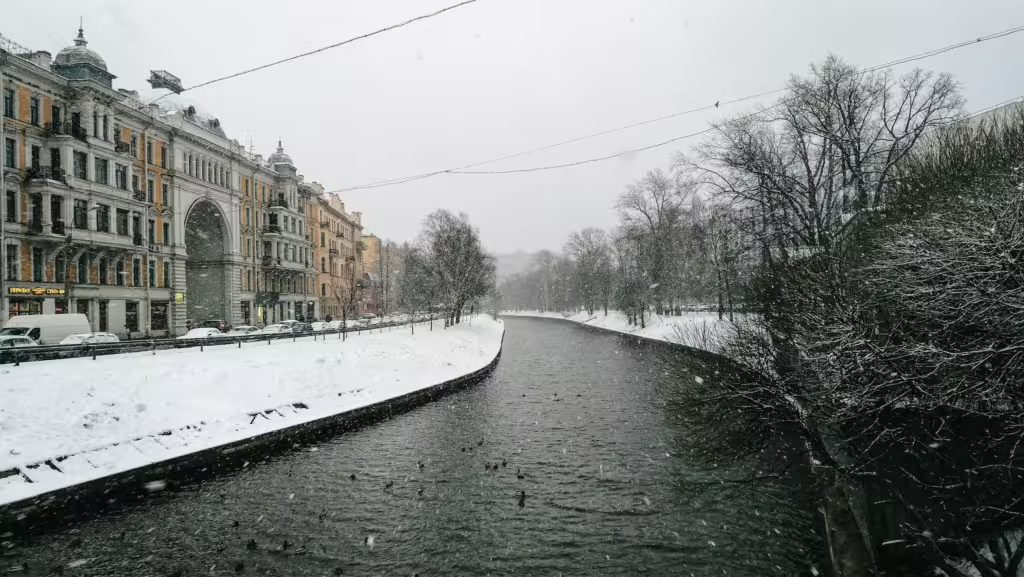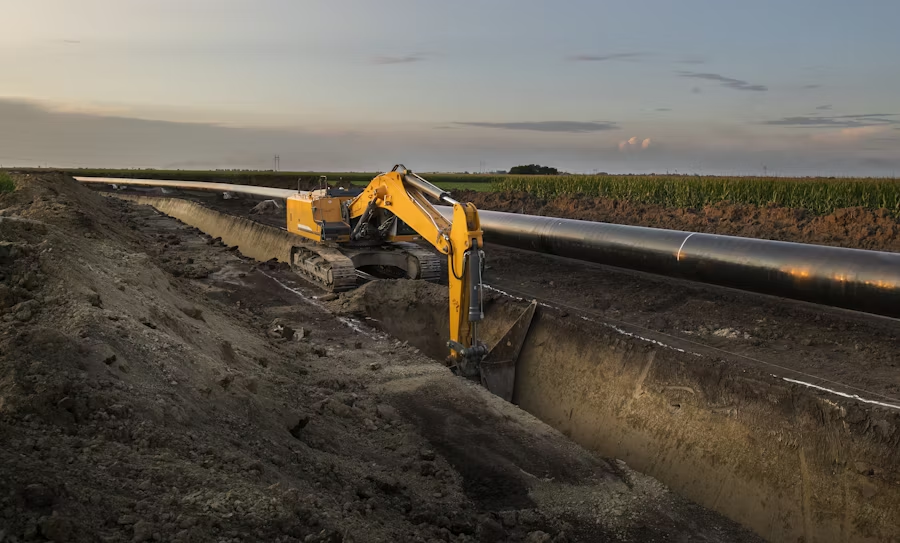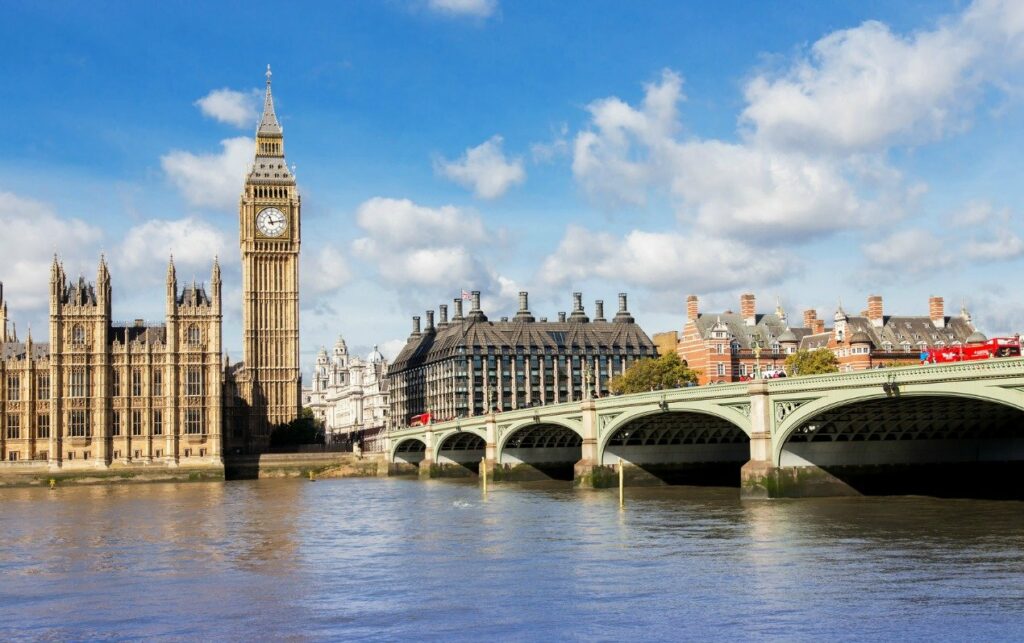News outlets from Britain to Biloxi, from Flanders to Australia and from Delhi to Ottawa ran an Associated Press story about one hapless polar bear that got lost in Russia and turned up looking tired in Tilichiki, 700 km south of Chukotka where it belonged. Why? Because somebody from Greenpeace blamed it on climate change. So it’s official. Not that one polar bear makes a crisis any more than one swallow makes a summer, but that the press have lost all credibility on this issue.
You wouldn’t think one muddled bear getting lost would be global news. But when it’s climate change, any straw will do.
The “money quote” in the story is “’Due to climate change, the Arctic is getting warmer, hunting environment gets smaller and less convenient,’ said Vladimir Chuprov of Greenpeace. ‘The ice is receding, and polar bears look for new ways to survive. And the easiest way is coming to people.’” It glitters. But it’s counterfeit currency.
For starters, if it were a pattern there wouldn’t be just one bear. The story also said “Environmentalists said the bear could have lost its sense of direction while drifting on an ice floe.” But if you believe no bear ever got turned around while drifting on an ice floe until humans released GHGs, we have some prime real estate in Kamchatka to show you.
The misrepresentation went on and on in predictable fashion. The bear was described in the story as cute and cuddly: “Locals were making the bear feel welcome, giving it fish, media reported. Videos posted online showed the animal moving past residents, showing no aggression.” Which they often don’t until their tummy rumbles and they woof you down. Because in the real world, polar bears are ferocious top predators not given to displays of anxiety since to them everything is a potential meal.
As for reality, the AP story buried the observation way down that “Polar bears’ dependence on sea ice makes them highly vulnerable to global warming. Shrinking Arctic ice cover could increasingly deprive them of their usual prey, seals.” As so often, the devil is in the conditional here. The story blares that something is happening then later softly whispers that it “could” happen. Not that it is.
Or indeed that it’s looking likely. Because interestingly, there was a pseudo-related story two months ago about a crisis in Russia’s “remote Arctic” Novaya Zemlya archipelago which was invaded by polar bears on an unprecedented scale and “’They have literally been chasing people.’” So, not so cute and cuddly. Also not so lost or extinct. If you have Google you’ll notice that Novaya Zemlya (which rather boringly means “New land”) is way the heck and gone north (71 degrees and worse). And those polar bears didn’t look tired or hungry, just plentiful and aggressive.
Now the weird thing about polar bears in Novaya Zemlya is… there’s nothing weird about polar bears in Novaya Zemlya. Wikipedia notes in an unguarded moment that the weather there stinks and the place is lousy with them. Or rather “The ecology of Novaya Zemlya is influenced by its severe climate, but the region nevertheless supports a diversity of biota. One of the most notable species present is the polar bear, whose population in the Barents Sea region is genetically distinct from other polar bear subpopulations.”
So one bear staggers south and it’s global warming. A horde of bears surges north and it’s… global warming. No bears? Global warming. All bears all the time? Global warming. Bears where they’ve always been? Global warming.
Whatever.


